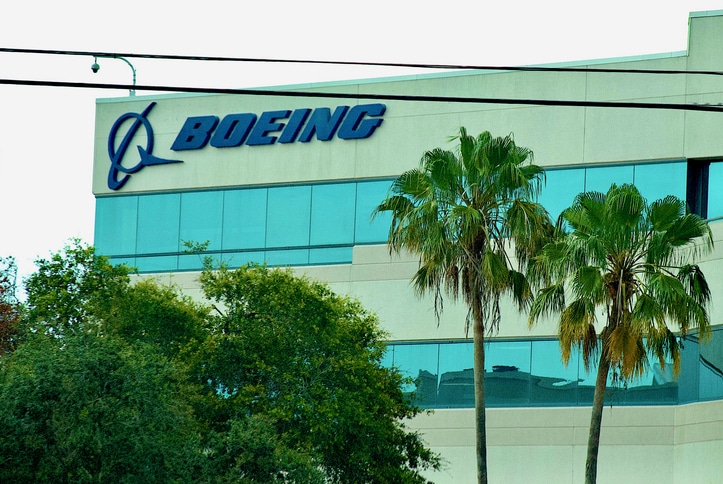On April 1, the U.S. Senate Committee on Commerce, Science, and Transportation held a hearing “Safety First: Restoring Boeing’s Status as a Great American Manufacturer” featuring testimony from Boeing CEO Kelly Ortberg.
During the hearing, Senator Marsha Blackburn (R-TN) grilled Ortberg on the aerospace giant’s handling of whistleblowers and the numerous allegations of the company retaliating against whistleblowers who raise safety concerns.
“I want to ask you about whistleblowers, because we have heard from some of the Boeing whistleblowers and I know you are familiar with their names, but you don’t have a good record of protecting and supporting whistleblowers,” Senator Blackburn stated. “And some of the stories around these whistleblowers have been very upsetting to people like me who have worked through my public service to protect whistleblowers. I think that they are essential. So talk to me about what you’re doing to change that policy to support and not to ostracize or isolate whistleblowers.”
“Senator, the company has an anti-retaliation policy,” Ortberg responded. “It is unacceptable for anybody to retaliate against, whether it is a whistleblower, or anybody bringing up a quality issue.”
“My door is open to discuss with any of the whistleblowers what they are seeing and make sure there is no retaliation within the organization,” Ortberg added.
“Are you stepping back to some of those whistleblowers who have experienced a less than positive relationship?” Blackburn followed up. “Are you righting those wrongs?”
“Senator in many cases the whistleblowers that I am aware of those activities happened a long time ago,” Ortberg responded. “I know that in the past all the retaliation claims have been thoroughly investigated and if there’s retaliation there’s been corrective action taken.”
Over the past years, several whistleblowers have come forward with allegations against Boeing, raising concerns both about manufacturing safety and a work culture hostile to whistleblowers.
Whistleblower advocates are calling for increased protections for airline safety whistleblowers. According to advocates, delays caused by understaffing and a lack of resources as well as a statutory loophole relating to enforcement of preliminary reinstatement orders mean that AIR21’s anti-retaliation provisions are not working they way Congress intended.
“While AIR21 outlines an expeditious timeline for the Department of Labor to respond to whistleblower complaints, understaffing and a lack of resources have hindered the Department’s ability to abide by the 60-day timeline mandated by law,” according to an article by the whistleblower law firm Kohn, Kohn & Colapinto. “These delays have resulted in the pile-up of aviation whistleblower claims at the Occupational Health and Safety Administration (OSHA). Compounding this dysfunction, a technical loophole in AIR21 has allowed aviation companies to ignore orders for whistleblowers’ preliminary reinstatement without consequence for decades. These two issues undermine the Congressional intent behind the law and erode the crucial protections it affords aviation whistleblowers.”
Given these issues, aviation safety whistleblowers like Boeing whistleblower John Barnett can have their cases drag on for years, while airlines and manufacturers do not have to follow preliminary reinstatement orders.
National Whistleblower Center is urging Congress to pass a reform law fixing the statutory loophole and is calling on President Trump to issue an Executive Order that mandates OSHA complete all investigations within the legally mandated 60-day window.
Join NWC in Taking Action:
Close the Major Loophole in Airline Safety Whistleblower Law
